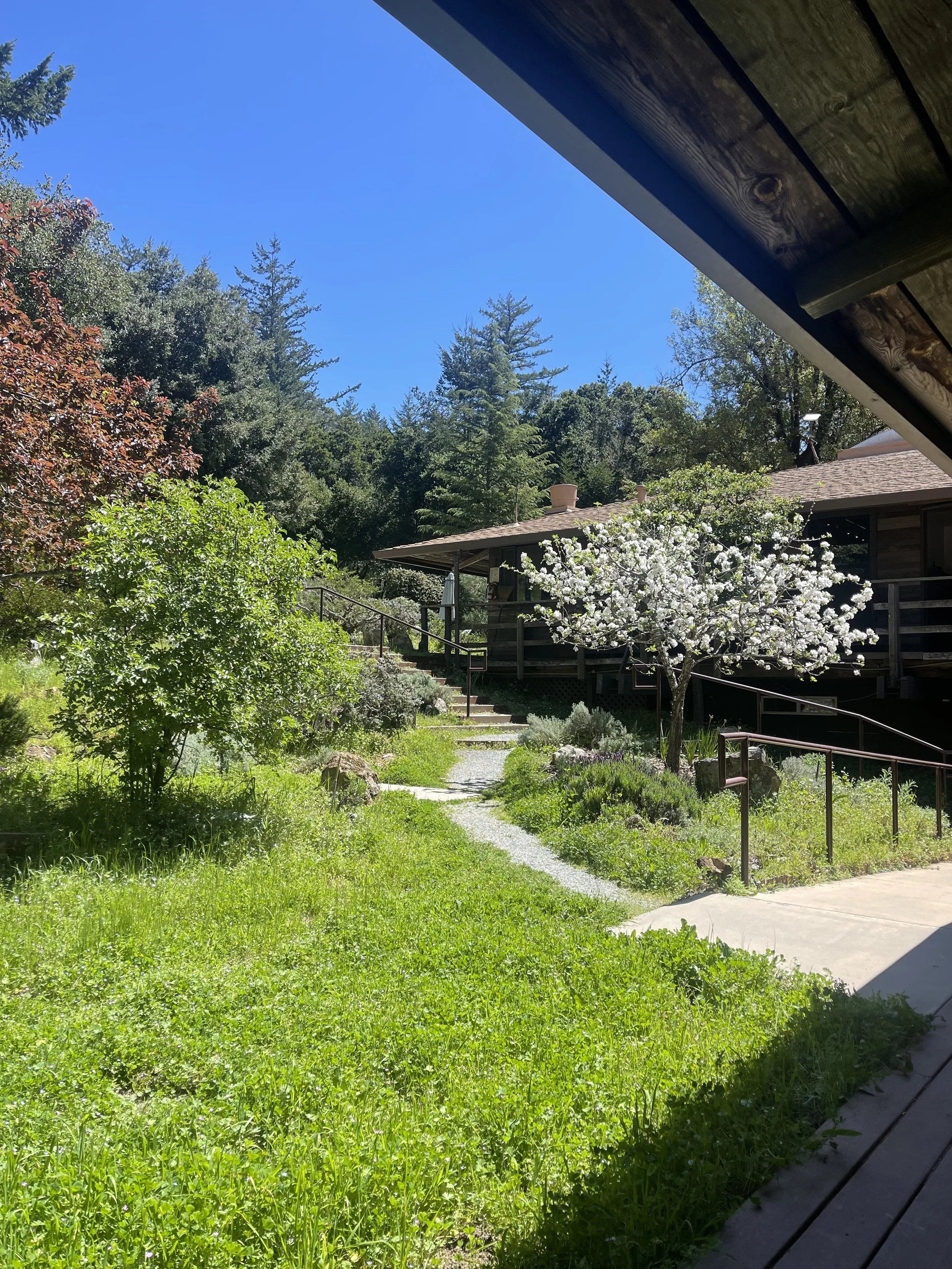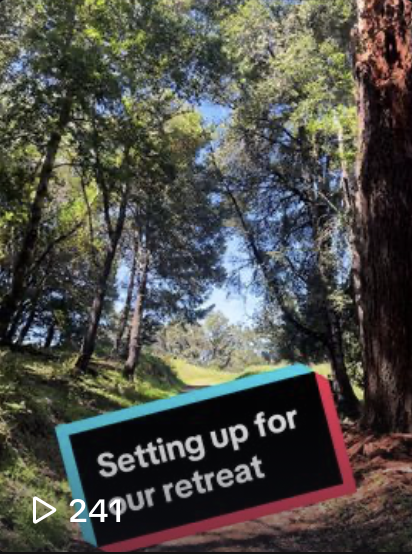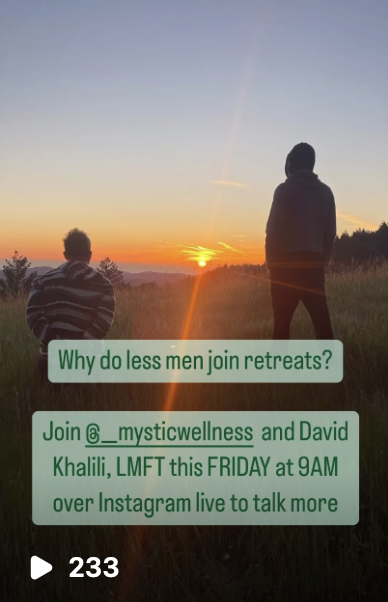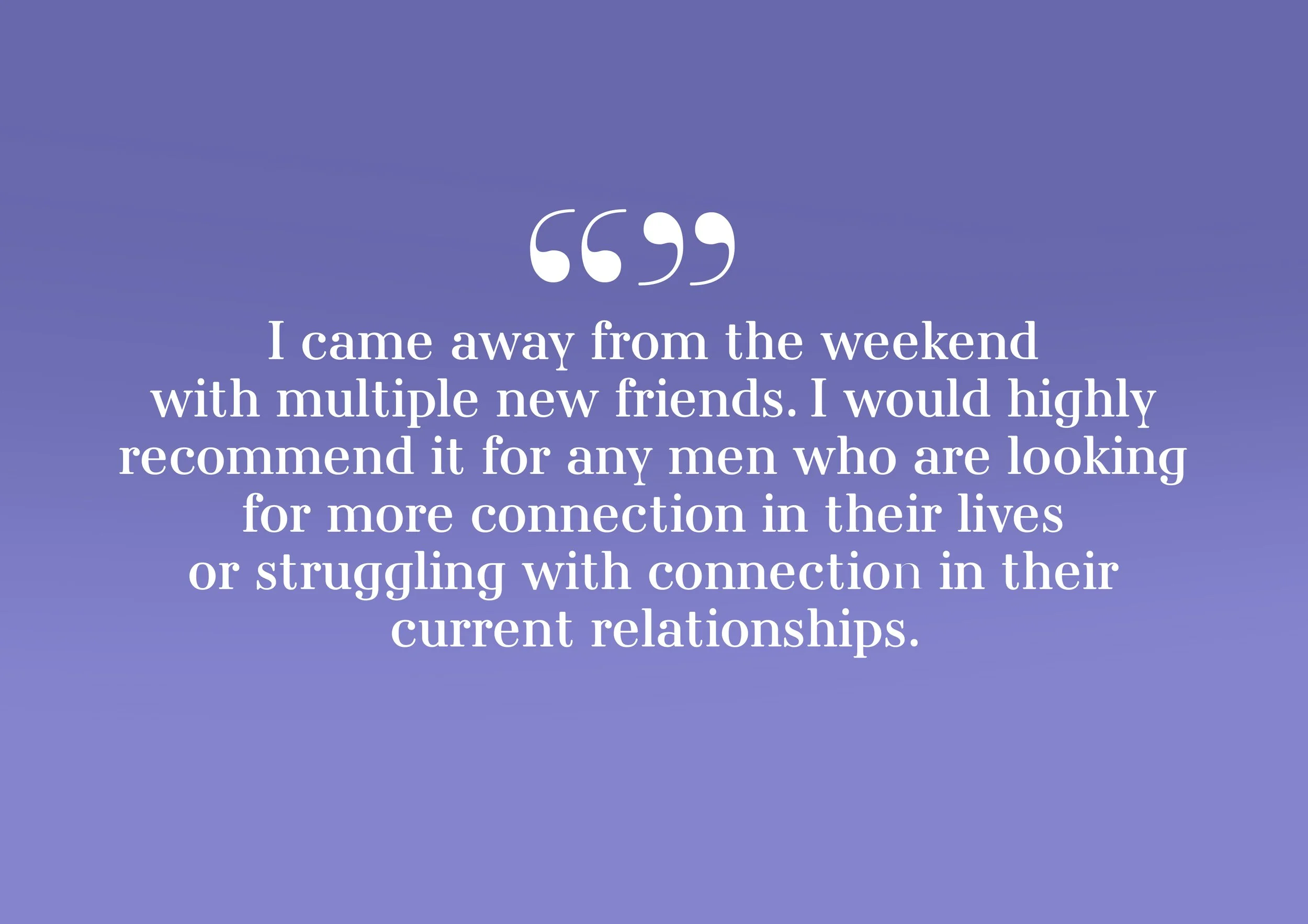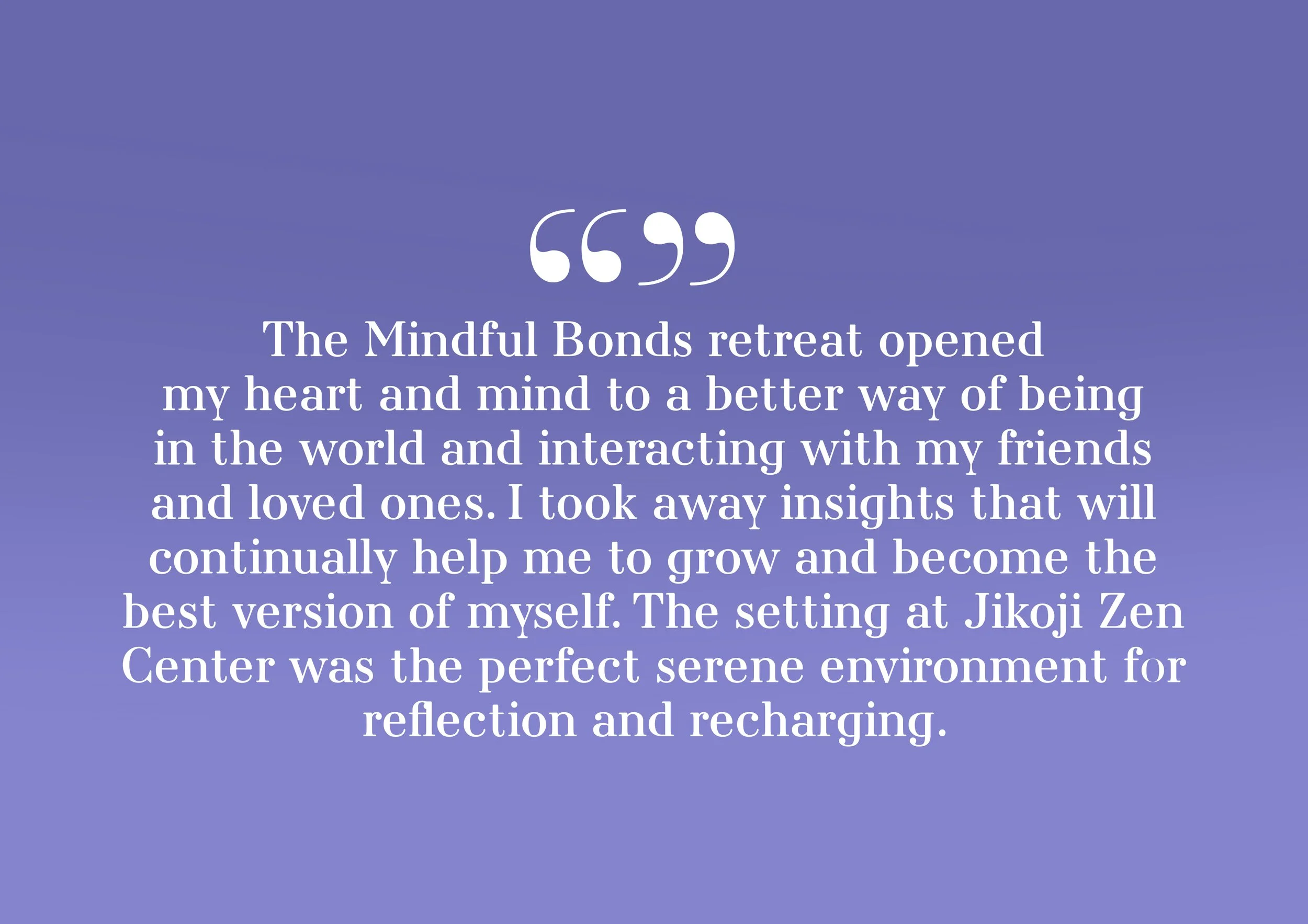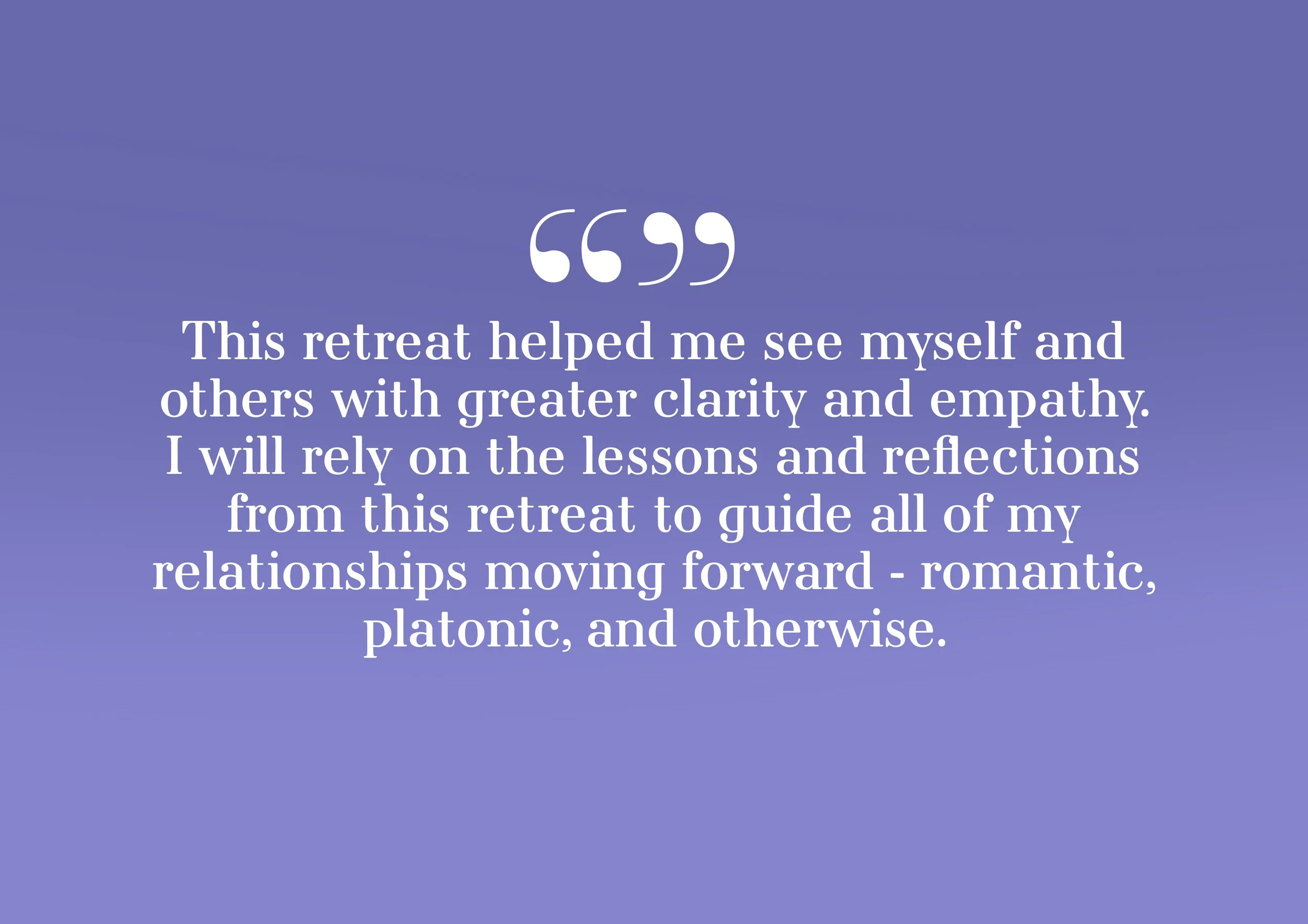Mindful Bonds: A Journey of Inner Exploration at the Men's Retreat
Set against the tranquil backdrop of the historic Jikoji Zen Center in the Santa Cruz Mountains, the Mindful Bonds men's retreat offered a unique blend of serenity, introspection, and community. With a carefully curated itinerary designed to foster personal growth and connection, this retreat stands out as a pivotal point for many in their quest to understand themselves and improve their relationships.
The Journey Within
Reflective Hiking and Meditation
Participants ventured into their weekend amidst natural beauty. Reflective hiking and meditation sessions helped peel back the daily chaos and distraction layers, allowing for deep self-exploration. Amongst the beautiful oak and redwood trees, with a running creek through the property, Jikoji's beauty, values, and history create an incredible landscape for inner work.
Attachment Styles and Trauma Responses
Through expert-led discussions, men learned about their own attachment styles and discovered how trauma responses show up in relationships. These sessions offered eye-opening insights into personal behaviors and patterns, empowering participants with the knowledge to foster healthier connections.
Learning about attachment styles and trauma responses can reduce the shame and anxiety that we often feel when we don't know why we're acting the way we are. Through these frameworks, you'll understand why you have repeated behaviors or "types" in partners and discover a pathway toward compassion and healthier patterns.
Bonding and Camaraderie
Shared Experiences and Group Discussions
The retreat was animated by a spirit of brotherhood, with shared experiences laying the foundation for solid and lasting bonds. Group discussions after activities like yoga and sunset hikes provided safe spaces for vulnerability and honesty, cornerstones of the deep connections formed over the weekend.
Continuing the Journey Together
The impact of these connections was profound, with many planning to continue meeting, demonstrating the retreat's lasting influence on participants' lives.
We gathered in our post-retreat Zoom meeting a week after the retreat to share insights and offer accountability for our goals and intentions. When all the guys saw each other on Zoom, their faces lit up, and a few mentioned how good it was to see familiar faces. During that call, they checked in on each other, told each other they were holding them in mind, and shared that many were planning to gather again to continue the bond.
See for Yourself
Tools for the Future
Practical Skills for Improved Relationships
Participants left the retreat armed with practical tools and resources for continuous self-improvement. Sessions on navigating difficult conversations and engaging with trust and vulnerability in relationships provided actionable strategies for the attendees.
Personal Insights
Participants praised the retreat's ability to open their hearts and minds, citing newfound clarity in how they see themselves and others. Testimonials underscored the retreat's role as a catalyst for growth, with many referring to invaluable lessons that will guide their future interactions and foster more meaningful connections in their lives.
The Retreat's Impact
Looking beyond the weekend, the true value of the Mindful Bonds retreat lies in its enduring impact. With newfound friendships, insights, and tools, participants are better equipped to approach their relationships with empathy and awareness, promising a ripple effect that extends far beyond their immediate circles.
The Mindful Bonds men's retreat has proven to be more than just a weekend getaway—it's a stepping stone to living with greater intentionality, fostering connections that nourish the soul, and guiding each participant toward becoming their best version of themselves. It's an experience that redefines masculinity in the context of modern challenges and opportunities for growth, and it's an impetus for creating a world of deeper understanding and compassion.
Upcoming retreats
Mindful Bonds Queer Men's retreat - Sept 20-22, 2024
Mindful Bonds all-gender retreat - April 2025 (exact date TBD)
More to come!
